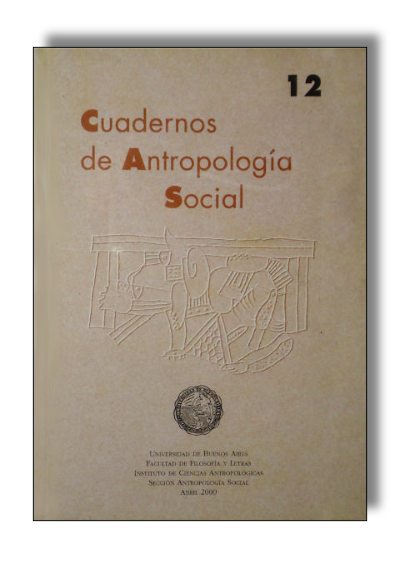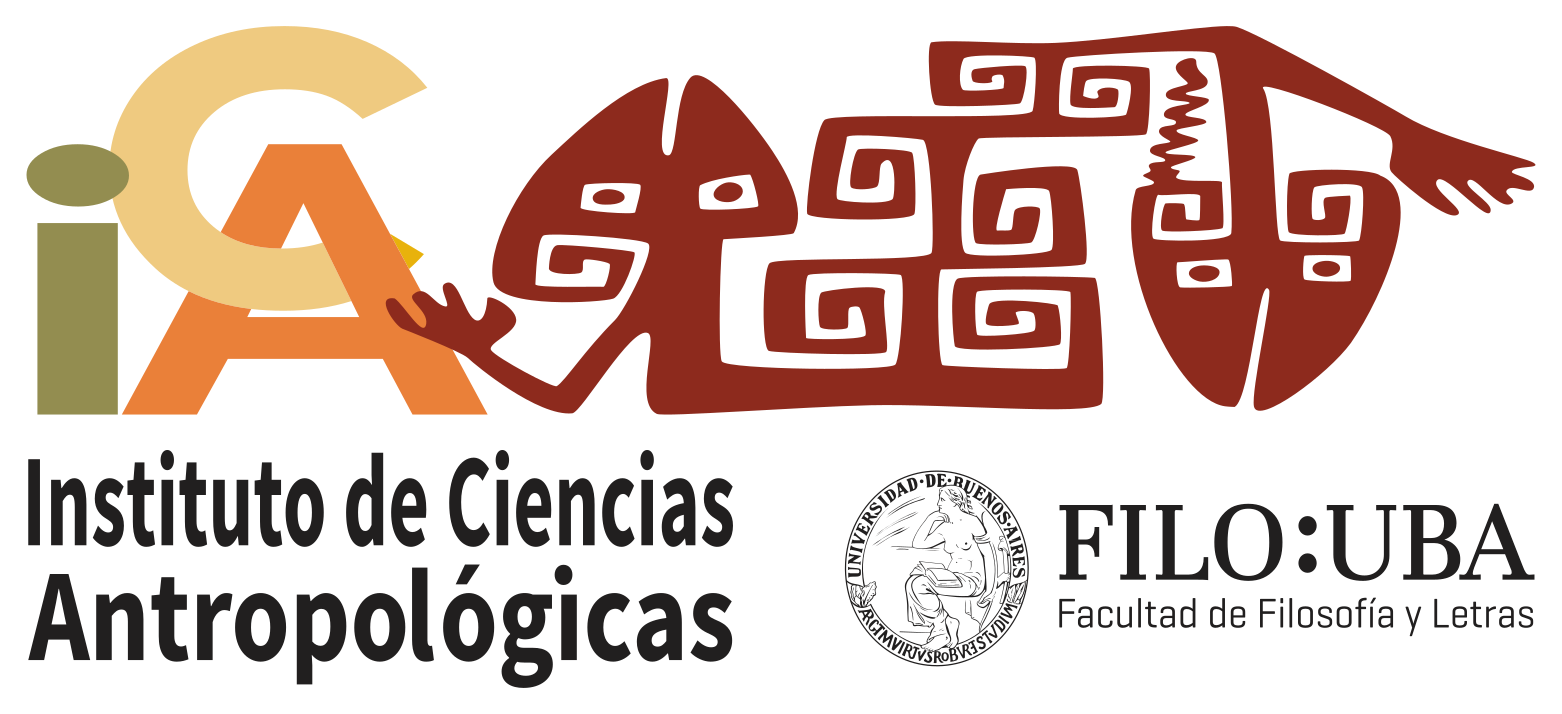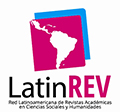Políticas sociales y redes clientelares en un municipio del Gran Buenos Aires
Abstract
In this article we propose to analise the problem of politic client processes, foccusing on the modality of social politics implementation at a local level of government, under the supposition of an increasing importance of the client relations which particular structuration would responde to the changes of statal interventions that have occurred in the last years. In particular we try to go deep into the sense of the participation spaces promoted by the municipal government as a priveleged methodology of the social programs and the practices of the neighbourhood organizations in these ambits, and so introducing in a case that condenses situations that we could call extreme in poverty and popular “participation”: the municipality of Florencio Varela. This work starts from an ethnographic approach that focuses some implications of the implementation of two social programs of the province of Buenos Aires, the Plan of Employment Generation and the Life Program, in the district of Florencio Varela, for which participant observation and interviews to key informants have been applied. We so pretend to give account of the particularities of this client process introducing the subjective dimension proper of the client networks and simultaneusly putting them in relation with political control strategies and local power reproduction.Downloads

Esta obra está bajo una Licencia Creative Commons Atribución 4.0 Internacional
Cuadernos de Antropología Social sostiene su compromiso con las políticas de Acceso Abierto a la información científica, al considerar que tanto las publicaciones científicas como las investigaciones financiadas con fondos públicos deben circular en Internet en forma libre, gratuita y sin restricciones.
Los contenidos y opiniones expresadas en los artículos publicados son de entera responsabilidad de sus autores.
Los autores/as que publiquen en esta revista aceptan las siguientes condiciones:
- Los autores/as conservan los derechos de autor y ceden a la revista el derecho de la primera publicación, bajo la licencia de atribución de Creative Commons, que permite a terceros utilizar lo publicado siempre que mencionen la autoría del trabajo y a la primera publicación en esta revista.
- Los autores/as pueden realizar otros acuerdos contractuales independientes y adicionales para la distribución no exclusiva de la versión del artículo publicado en esta revista (p. ej., incluirlo en un repositorio institucional o publicarlo en un libro) siempre que indiquen claramente que el trabajo se publicó por primera vez en esta revista.















